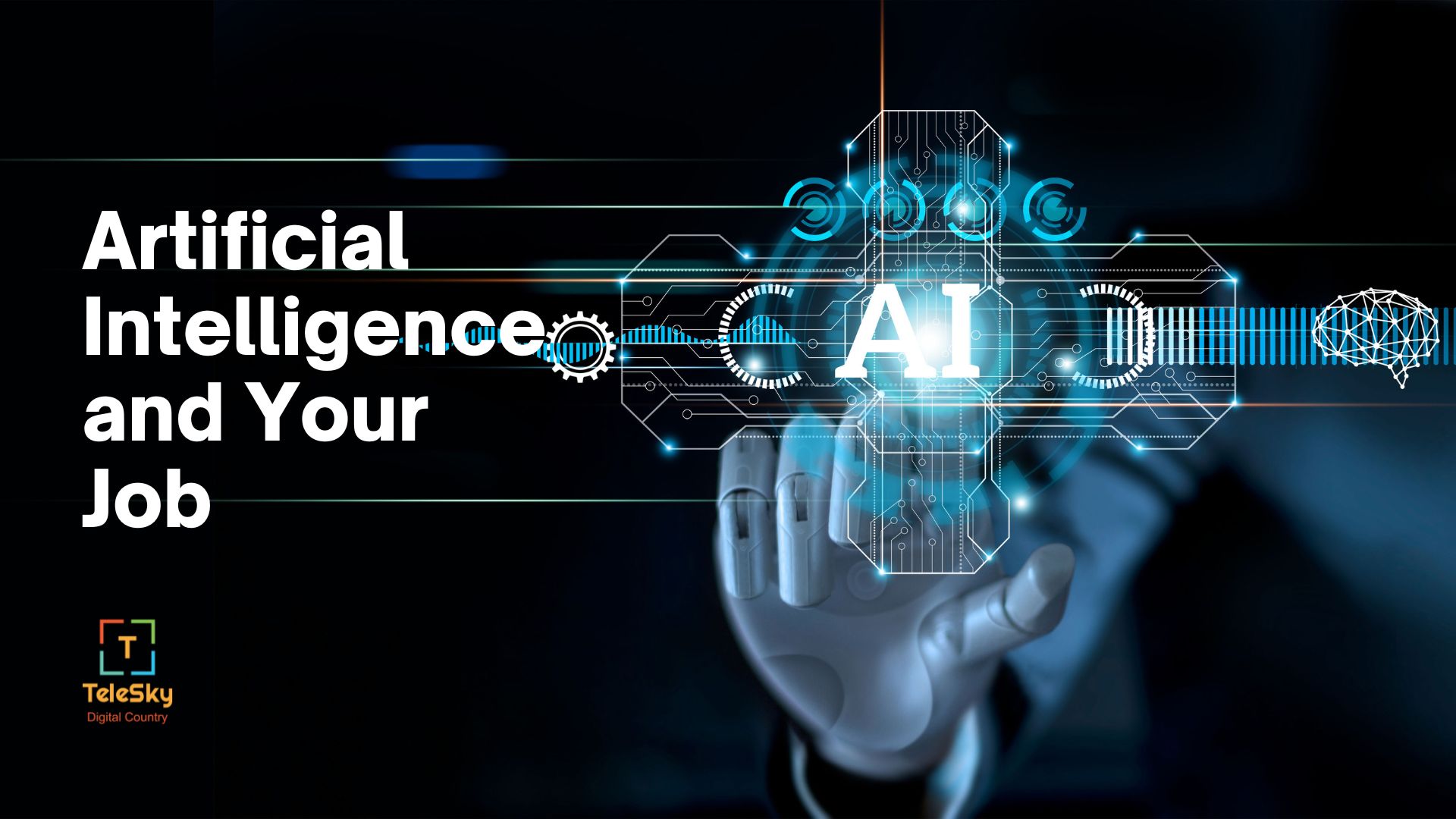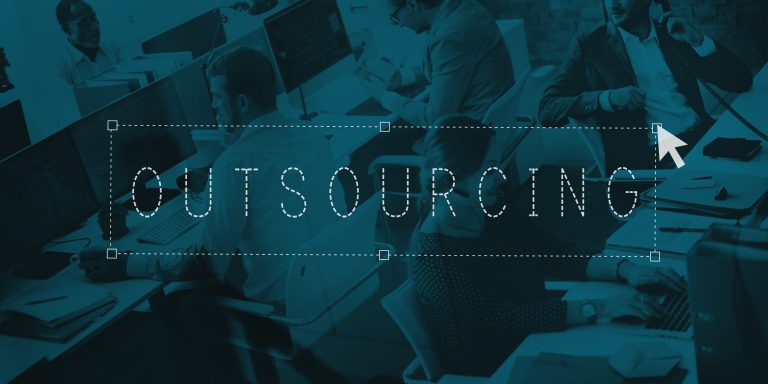The rise of technology has revolutionized the world and made communication easier than ever. However, with every new advancement comes new challenges, since it changes society and a new path has to be forged. This is the current dilemma many modern workers face, as ever-evolving tech threatens to further advance and leave them out of a job. But are concerns about AI legitimate? Let’s find out!
The History of AI
To understand how we got to where we are, we need to understand how AI came to be. The concept of AI was introduced to the public in the 1920s, specifically through the film ‘Metropolis’ which depicted a humanoid robot named Maria.
Years later in the 1940s, the first computers emerged and rapidly began developing. Scientists began theorizing about the possibility of AI’s existence and its potential for business optimization. Now that AI is within reach for most, many businesses across the globe are eager to try out this snazzy new technology and get ahead of their competitors.
Will AI Take My Job?
By now, you may have heard stories of AI replacing workers in manufacturing, writing, banking, transcription, data entry, and more. Many claim to have foreseen the end of boring, repetitive jobs, but AI is also taking over creative fields. So what gives?
Companies are simply automating any task that does not require human input to complete, as well as trying to cut costs even if it affects the quality of work. Take the case of Sports Illustrated, a renowned American sports magazine that was exposed for using AI to write their stories and falsely crediting non-existent authors. The news caused a stir among the public, and subsequent news about mass layoffs at the publication further worsened their image. After all, how can companies expect the public to support them while they fire those in need of jobs?
There is a glimmer of hope though! AI content lacks the subtle tone and nuance of a human author, thus affecting the reader’s perception. The overly polished language does not speak to human sensibilities and generally fails to connect with readers. On the other hand, AI is prone to plagiarism and errors, making it unsuitable for technical fields like accounting where the wrong information can greatly affect the business.
How Do I Protect My Job From AI?
Now that you know that AI will not take over all jobs, here are tips to future-proof your career that you can begin using today:
1.Network
The threat of AI to workers means that you have to maintain close relations with those in your target industry. Strong relationships will help you stay ahead of trends and you can invest in the right training to stay relevant. Your new connections can also help you secure new and better roles. Sites like Coursera provide affordable learning opportunities that you can complete anywhere.
2. Develop your skills
Job security is becoming ever more elusive as companies fight to lower costs and increase their bottom line. For this reason, you need to invest your time in developing skills that align with your passion and vision in life. Having a bunch of skills will aid in your career, so spend time learning more about leadership, communication and more.
3. Invest in human-centric fields
As previously mentioned, industries that focus on human interaction such as nursing and teaching are relatively safe from an AI takeover, since these jobs require skills only a human can provide. This means that despite the cost-cutting, skills like empathy, and communication will never go out of style! Focus on getting into fields that require human interaction, and you will have more options in the future.
4. Remain flexible
You can do everything right and still lose. It is important to remain open-minded and take life one day at a time, even if that means working a job you never expected to. Remember that the goal is to move forward, which sometimes requires you to step back. You might find yourself having to reflect on your career and re-strategizing, but with consistency, you can rise again.
5. Consider entrepreneurship
Thanks to the internet, there are thousands of entrepreneurial opportunities you can take advantage of. By forging your own path you can maintain some control over your future and thrive. Just be sure to do your research before starting your business.
6. Be a lifelong learner
The world is ever-changing, and simply adapting yourself to maneuver the current AI systems is not enough. You might be safe for a while, but it is wise to make it your life-long goal to learn and develop yourself. This will help you remain a valuable asset to your team and community and will give you access to better opportunities as they arise.
7. Advocate for regulation of AI
The rise of AI has raised ethical concerns around privacy, data protection, and workers’ rights. Not only do these machines have access to all sorts of data, they are also managed by private individuals. Additionally, AI has been accused of built-in bias in hiring processes, so there is a need for regulation before things get out of hand. There is also very little legislation surrounding the use of AI, so conversations need to be had on this topic. Voices like yours can help contribute to better regulations and transparency, so don’t hesitate to join advocacy groups to safeguard human rights.
To sum it up, AI promised a future free from repetitive and boring jobs, but reality is far from the truth. Many workers are feeling threatened as AI takes over more roles, and job security is ever fleeting. However, you can maneuver this new landscape by investing in developing skills, networking, being a lifelong learner, and more.




















+ There are no comments
Add yours